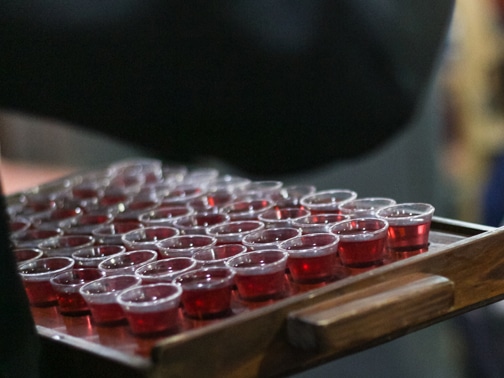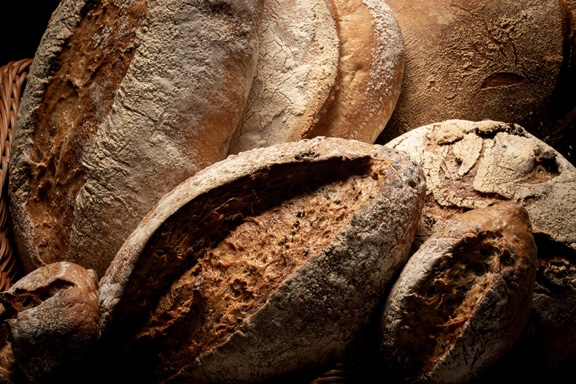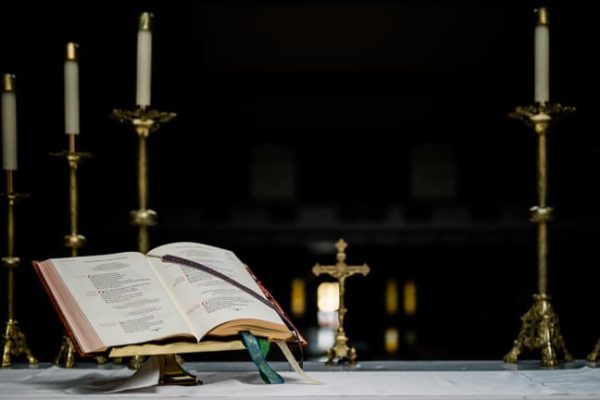The Lord Gave His Supper to the Church I have growing reservations about a practice which is becoming more frequent in Chr. Ref. circles. I am referring to the practice of having “Communion” (the Lord’s Supper) at gatherings which are not ecclesiastical in nature. It may be a Youth Rally, a weekend Conference of some […]
It appears that many congregations calling themselves Reformed have come to a point where they do not know how or why to practice close, or supervised communion. Historically, it was not just Reformed congregations that had this practice. Years ago, both Baptist and Presbyterian churches practiced this. However, many ceased after the Second Great Awakening […]
In my previous article, I summarized the common argument that advocates of paedocommunion derive from the teaching of the Old Testament. This argument appeals primarily to two kinds of evidence, the second of which is the most important. First, an appeal is made to the inclusion of the children of believers within the covenant community […]
So far in our study of the question of paedocommunion, we have primarily focused upon the historical evidence for and against the practice of admitting children to the Lord’s Supper. We have argued that the evidence from church history is ambiguous, and cannot be cited as a sufficient basis either for embracing or rejecting the […]
In the last article, we began a series detailing the duties and responsibilities of elders (especially) in preserving the marks of a true church. Those identifying characteristics are three, though they really arise out of one principal commitment. The commitment is simple: a true church would regulate all its life and doctrine according to the […]
In preparing His disciples for His death, Jesus gave them a wonderful promise: “I will not leave you as orphans; I will come to you” (John 14:18). Jesus assured His followers that He would not leave them alone, leaderless and defenseless. But how would He come to them? In the Scriptures we see a number […]
“I will take the cup of salvation…” Psalm 116:13a In ancient times, a king customarily held a feast following a great victory. At the feast, he would lift up and drink deeply from a cup of wine as a symbol of deliverance and thanksgiving. In the Lord’s Supper, God’s people lift up and drink deeply […]
Jesus ordained the Holy Supper with the short declaration, “This is my body.” He followed this statement with the equally succinct affirmation, “This is my blood” (Matthew 26:26, 28). The very simplicity of these statements along with the profundity of the realities proclaimed by the sacrament itself— accompanied by our human weakness and lack of […]
What is Latria? Do you need a few clues? It’s not a small country near Estonia. It’s not a large tropical rodent. It is an important issue facing the Christian Reformed Church. The Christian Reformed Synod is currently considering whether to revise question and answer 80 of the Heidelberg Catechism. This Q.&A. deals with the […]
If ever there was one article in our Confession of Faith that was both irrelevant and relevant for our time, surely it would be Article 29 and the marks of the true church. This article is irrelevant if we approach the Confession as a dust-covered relic of times past, but it is eminently practical and […]










